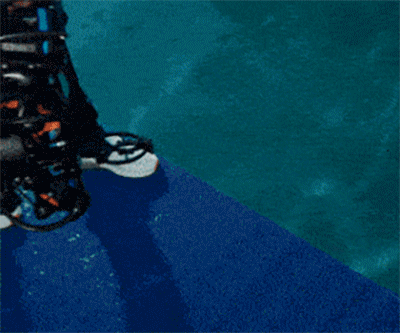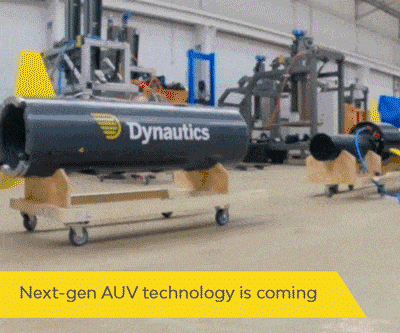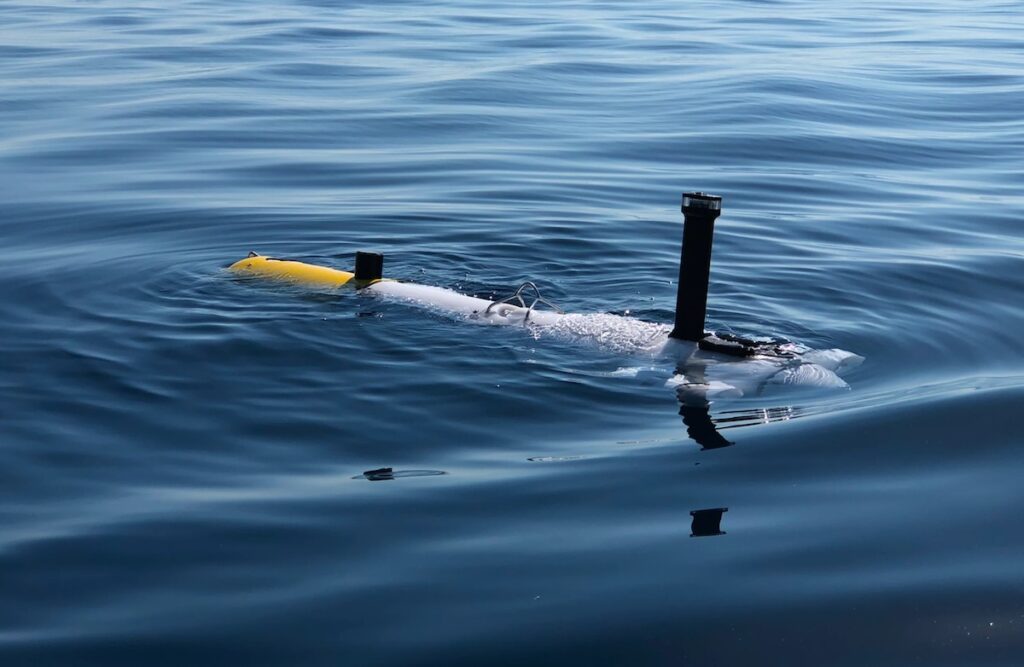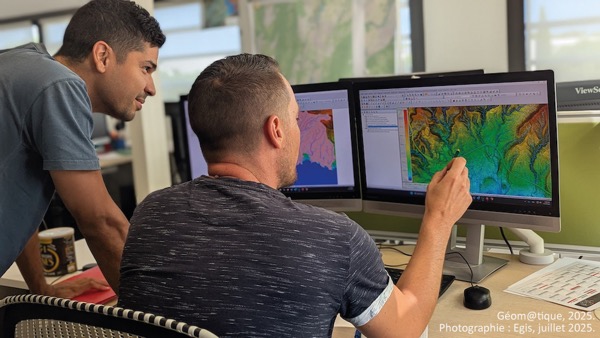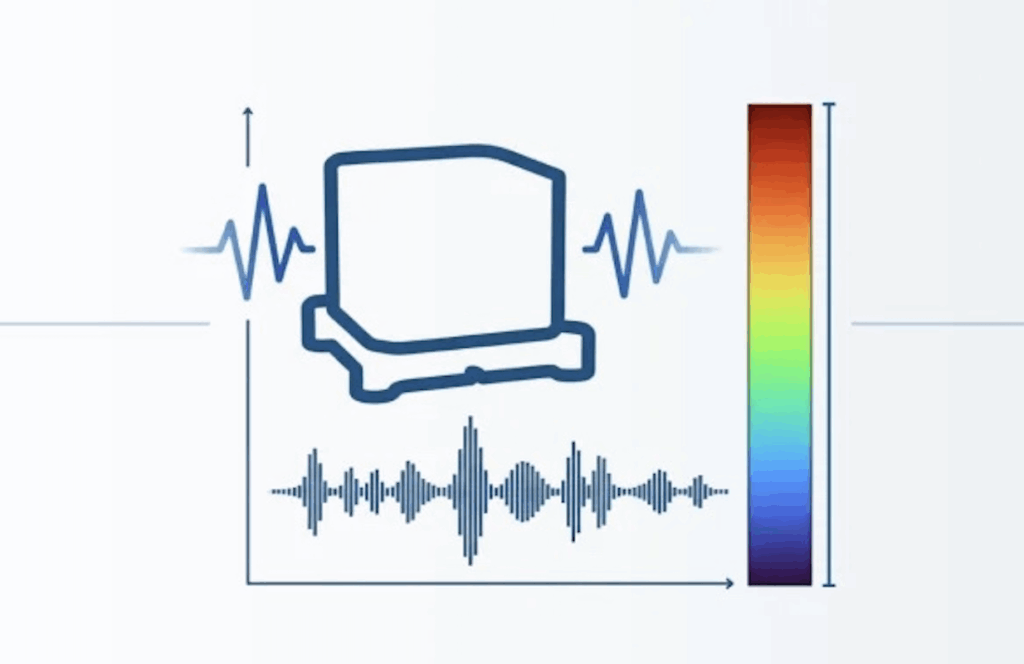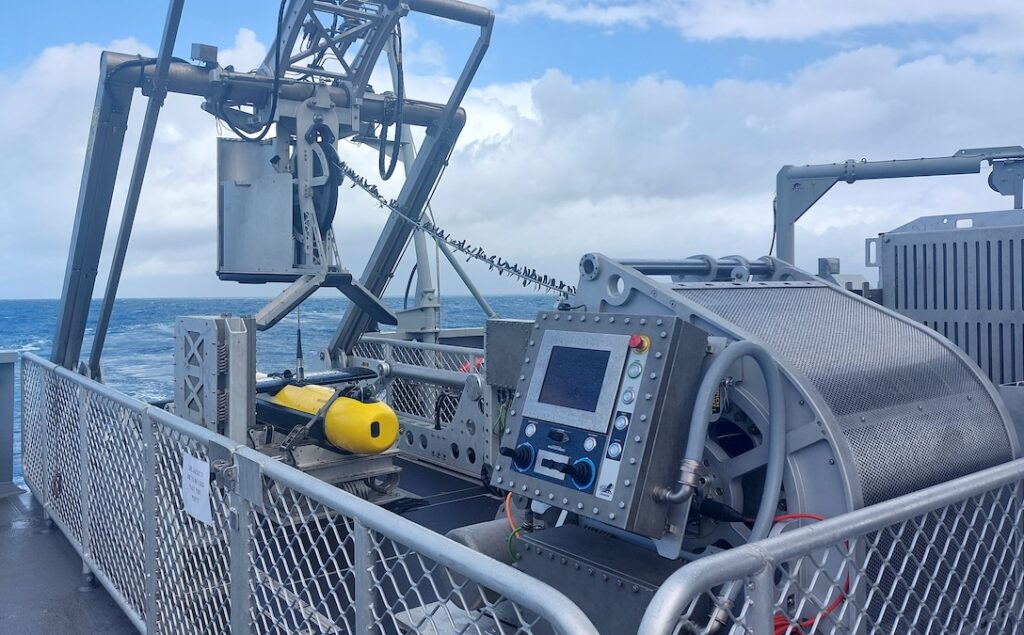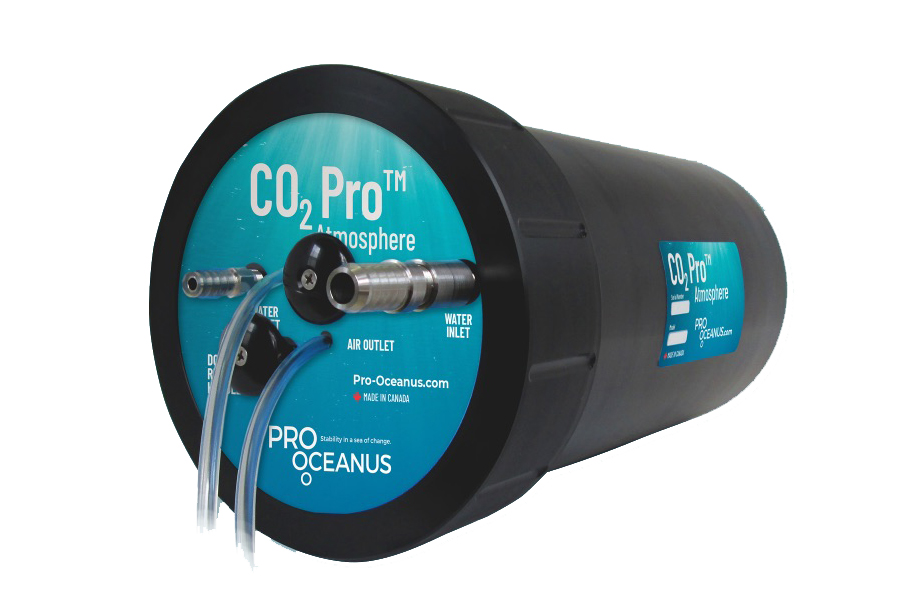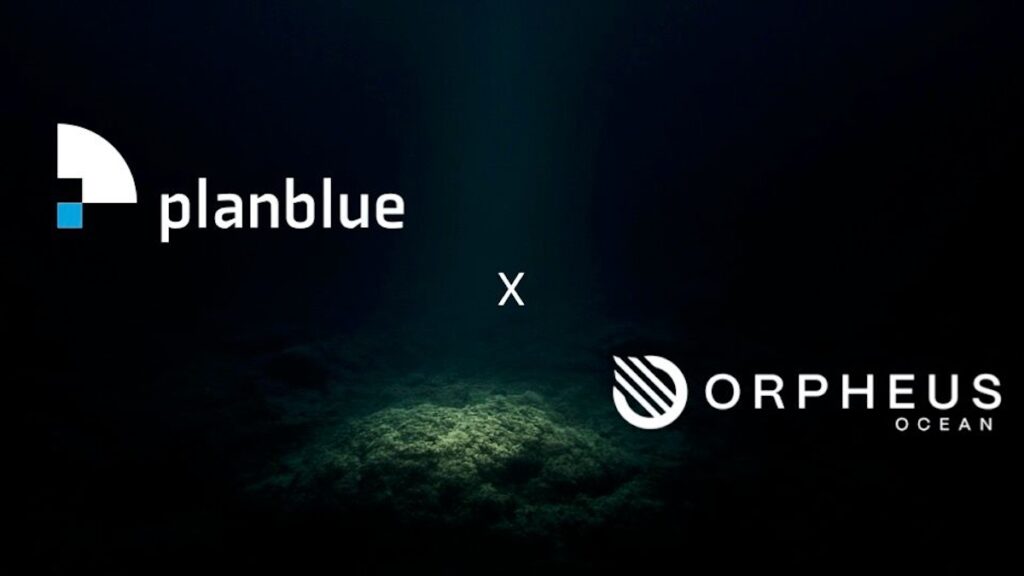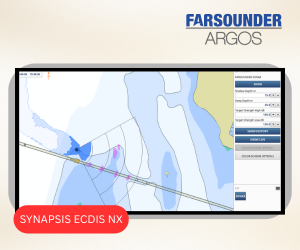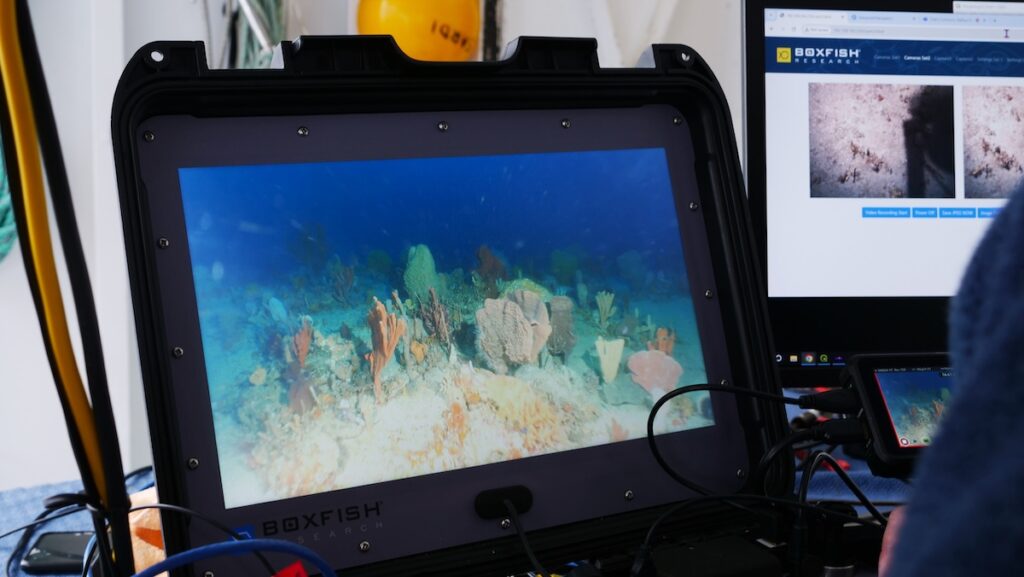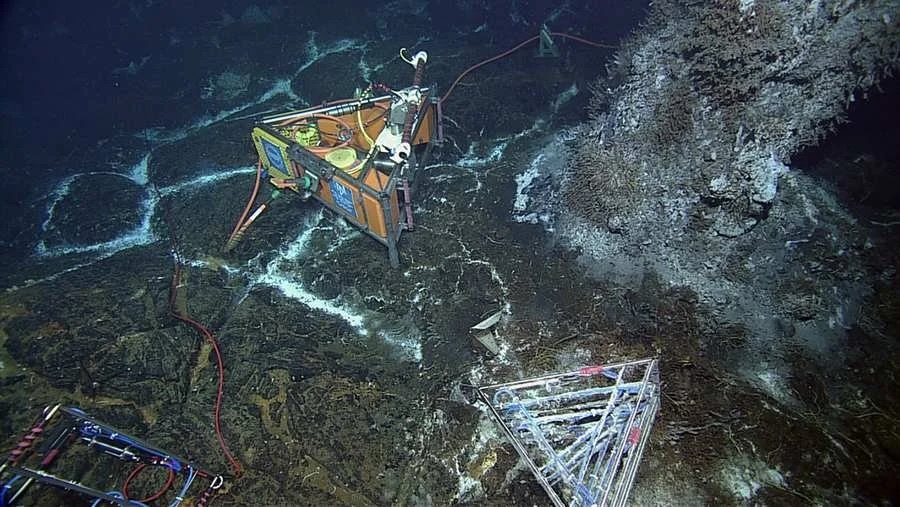
Discover World-Leading Technologies for Ocean Science
Discover cutting-edge solutions from leading global suppliers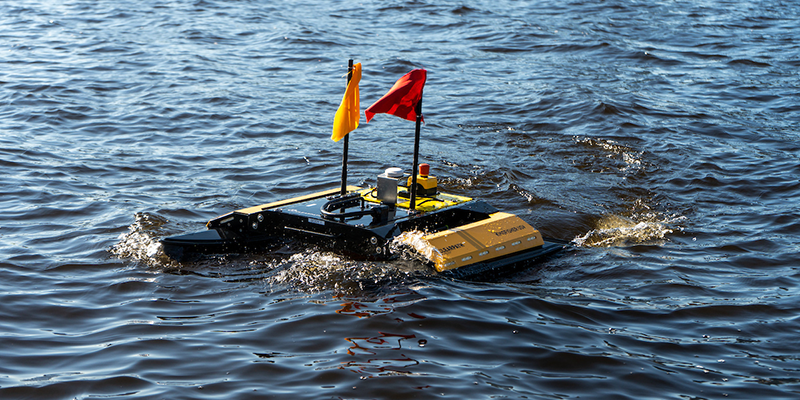
Aurora Flight Sciences, a Boeing company, is developing and testing machine learning-based introspection technologies aimed at enabling physical systems, in this case ships, to adapt their control laws as they encounter uncertainties or unexpected events.
Aurora’s FALCON solution is a platform-agnostic, computationally lightweight online learning and adaptive control architecture that delivers fast convergence for changing nonlinear, nonparametric dynamics in cyber-physical systems. It can detect destabilization quickly and reconstitute control online for safe and continued operation.
FALCON recalculates safe operating limits in real time while providing guidance and situational awareness to the operator, whether that operator is human or an autonomous controller.
Aurora implemented their proof-of-concept control architecture on 1.5-meter-long unmanned surface vessels (USVs) to begin testing. The USV compensates for the currents and waves, which are large relative to the size of the vehicle. The first program demonstration examines the USV’s ability to reconstitute control after a significant reduction in control effectiveness of one thruster, similar to the disturbance induced by rudder lock in larger vessels.
The work is part of a seedling program titled “Fast Adaptation and Learning for Control Online” (FALCON) to support the Defense Advanced Research Projects Agency’s (DARPA) Learning Introspective Control (LINC) program. The team also includes the MIT Aerospace Controls Laboratory led by Prof. Jonathan How, and the MIT Marine Autonomy Laboratory (PavLab) led by Dr. Michael Benjamin. The MIT PavLab is providing the USVs, which serve as a rapidly adaptable test platform for FALCON.
Work on the FALCON program is ongoing, with future demonstrations planned to investigate additional unpredictable disturbances, such as large wind loading and fuel slosh effects.
“The ability to test USVs directly on the Charles River enables a rapid development and test cycle that advances our program efficiently,” said Dr. Max Greene, controls researcher at Aurora. “With these types of resources and collaborations, we can apply the latest methods from the adaptive control, machine learning, and autonomy fields.”




